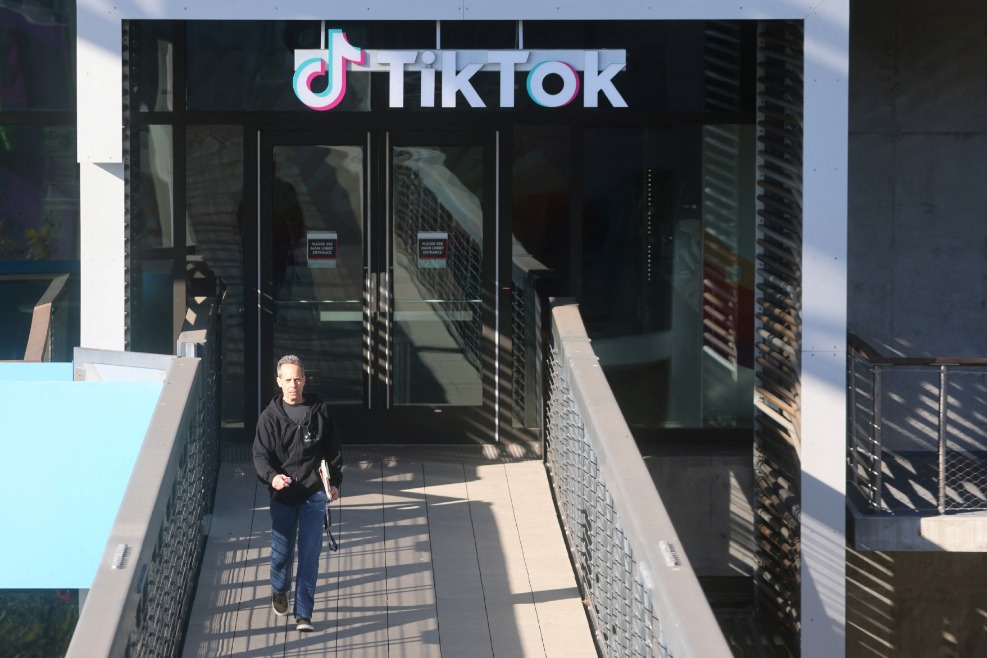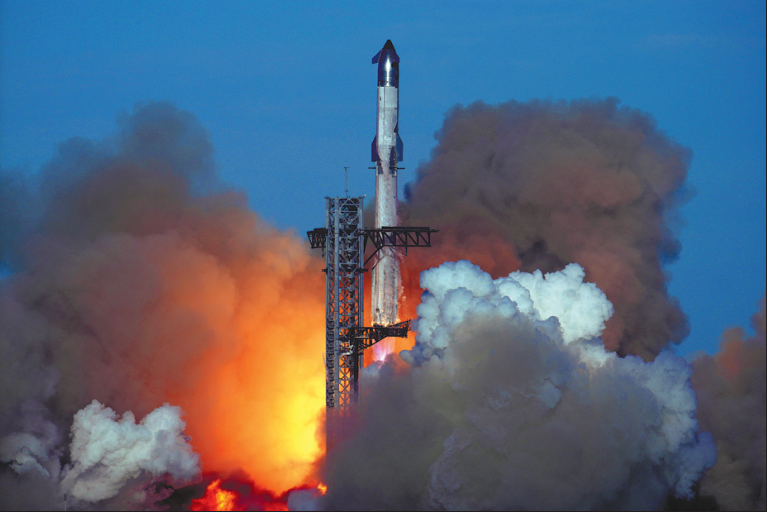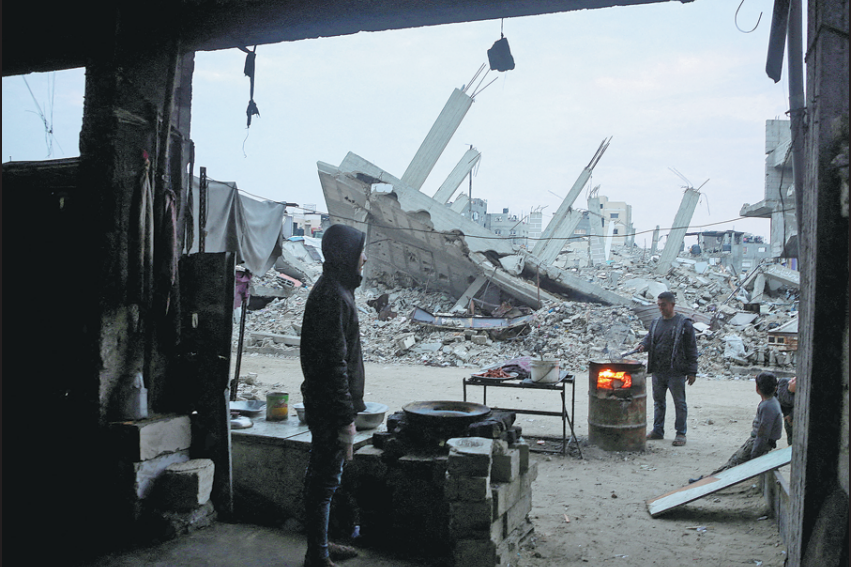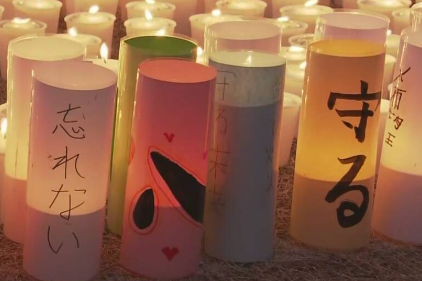US COVID-19 cases hit grim milestone of 20m on New Year's Day


WASHINGTON - The confirmed COVID-19 cases in the United States topped 20 million on Friday as the discovery of a highly contagious new virus strain in the country increases pressure to speed up the vaccination process.
The United States reported over 20.1 million cases and more than 347,000 related deaths Friday afternoon, according to a tally from Johns Hopkins University.
The country, which makes up about 4 percent of the world's population, now accounts for nearly one-quarter of over 83.8 million cases, 19 percent of 1.8 million deaths reported worldwide, showed the university's data.
PANDEMIC CONTINUES TO WORSEN
It took 292 days for the United States to reach its first 10 million cases, but only 54 more days to double it, reported CNN on Friday.
U.S. experts and media outlets have attributed the U.S. failure to contain the virus to, among others, an absence of a national strategy, politicized policies as well as misinformation and conspiracy theories.
"The actual pace of infections probably was different... A U.S. Centers for Disease Control and Prevention (CDC) modeling study suggests as many as 53 million people in the United States might have been infected from February through September alone," said the report.
The grim numbers could climb further nationwide in the coming weeks due to a surge of gatherings and travels over the holidays despite warnings against doing so amid the worsening pandemic, according to public heath experts.
An ensemble forecast published Wednesday by the CDC now projects there will be 383,000 to 424,000 coronavirus deaths in the country by Jan. 23.
The current pandemic situation in the United States is "still quite serious," especially in the state of California which accounts for about 15 percent of the country's new cases, said Zhang Zuofeng, professor of epidemiology and associate dean for research with the school of public health at University of California, Los Angeles, in an interview with Xinhua on Friday.
"Medical resources in California are nearly exhausted, and the ICU is already full. Currently, the entire City of Los Angeles only has about 300 ICU beds approximately," Zhang said.
"A significant increase in morbidity and mortality may be seen after the holidays as data-reporting were delayed during Christmas and New Year holidays," he said. "People have sort of virus fatigue and they are easier to get infected when relaxed during gatherings and travels."
Stanley Perlman, professor of microbiology and immunology at the University of Iowa, told Xinhua on Friday that he also feared cases would increase after the holidays, "with a gradual slowdown in February and March."
Anthony Fauci, the nation's top infectious disease expert, predicted on Thursday that normal life would not resume for most Americans until as late as next fall.
"If we do it correctly, hopefully, as we get into the end of the summer, the beginning of the fall of 2021, we can start to approach some degree of normality," Fauci said in an interview on MSNBC.
PRESSURE MOUNTING FOR VACCINATION SPEEDUP
The 20-million mark came a day after cases of the new COVID-19 strain, which was first reported in the United Kingdom, were reported in states of Colorado, California and Florida.
"The new strain is apparently more transmissible, although this is not well proven. So far it is not more virulent. Of course, more cases are expected to result in more deaths," said Perlman.
The discovery of the new virus strain in the United States is putting more pressure on state governments to speed up the ongoing vaccination process with a "slower and messier start."
Life will hardly get back to normal until the U.S. "efficiently, quickly and effectively" implement vaccination programs that have lagged behind schedule, as well as "a rather strict adherence" to personal mitigation measures such as hand washing, mask wearing and social distancing, Fauci told MSNBC.
The federal government said it had received 12.4 million doses of the Pfizer-BioNTech or Moderna COVID-19 vaccine as of Dec. 30, 2020. But only 2.8 million people have been inoculated a series of two shots of either vaccine, according to CDC data.
"While the data is likely lagging behind actual numbers of vaccinations, federal officials have acknowledged the country failed to accomplish the (Donald) Trump administration's year-end goal of getting 20 million shots into arms," said a report posted on politico.com on Friday.
"The rollout (of vaccines) has been slower than expected, partly because of manufacturing and distribution issues and partly because both mRNA vaccines require a cold chain," said Perlman.
Both Pfizer-BioNTech and Moderna vaccines need non-stop sterile refrigeration to stay potent and safe.
"The vaccination process will be accelerated once those sorts of logistical problems were resolved. The life will get back to normal if about 50 percent to 60 percent of the population are vaccinated by around June," said Zhang.
The incoming Joe Biden-Kamala Harris administration, which will take office on Jan. 20, has slammed President Trump's handling of the pandemic and pledged to get the virus under control with national testing and vaccination plans and robust economic relief.
































